Instagram Influencers deploy Bots and yet they are so expensive
Bollywood actress Deepika Padukone is the official brand ambassador for Epigamia Yogurt. She recently shared a post on her Instagram profile for the brand that got over 877k likes and about 4k comments. Any expert with an ability to map audience engagement would call it as a good score. Padukone lends a lot of trust, reach and top of the mind recall to the brand, which helps it to cut the clutter and register with the audiences. She is one of the biggest influencer in the country and has over 38 million followers on Instagram.
However, a recent report from Institute of Contemporary Music Performance (ICMP) stated that bollywood actors Deepika Padukone and Priyanka Chopra Jonas are among the celebrities who have maximum numbers of fake followers or "bots" on Instagram.
Padukone stands at 13th place on the fake followers' list with a massive 48% of followers being bots. So, if anyone does the math right, based on this report, Padukone has just only 19.5 million real followers.
There is no doubt that she is an expensive influencer to hire.
It is not about Padukone. There are many such influencers across the globe, who have a large number of fan base constituted on bots. These include Priyanka Chopra Jonas (38%), Ellen DeGeneres (58%) German Footballer Toni Kroos (57%), Kourtney Kardishan (49%), Kim Kardashian (44%), Khloe Kardashian (44%) and Kate Perry (53%). Virat Kohli also featured in the list and secured 23rd rank.
The report further stated that Priyanka Chopra Jonas charges $271,000 per post, Kohli charges $196,000 for a post. These are expensive influencers to hire as they are the leaders in their genres and end up telling us everything from what we should eat, drink, sleep, watch, or play.
Brands across categories depend on social media influencers to reach out to their audiences on the digital platforms. They select influencers on the basis of followers and engagement. They analyse the kind of followers the influencer has and whether they match the brand’s target audience or not. There is no doubt that the above-mentioned influencers bring a high reach and engagement. This brings us to our first question that whether the reach is for real and or is amplified using bots?
Ashutosh Harbola, Co-founder and Chief Rebel at Buzzoka says, “A platform like Instagram allows users to build fake followers in the early stages. Once the platform has a massive user base, it disallows these bots to exist anymore. The removal of these fake followers is definitely going to affect the influencer.”
Further, Pranay Swarup, Co-Founder, Chtrbox mentions that all platforms are built around these numbers of followers, likes and comments although content is key. “As a platform, you want to be trusted and be able to own its data. It doesn’t look good on any platform if they aren’t able to weed out these bots.”
This has become a serious problem for Instagram, one that seems to be getting worse by the day and that the company needs to get a handle on, before it gets more out of control.
It's unclear how many of these spam profiles are out there, but a recent report from Instascreener claims there are over 150 million fake accounts on Instagram. In a published report, Facebook told that it couldn't disclose specific numbers, but the company says that every day it blocks "millions" of attempts to create fake accounts during the sign-up process on Instagram.
Now, if the bigger celebs are farming bots, it is a huge possibility that mid-level influencers are also farming them. The fee and negotiations is often done on the basis of the number of followers the influencer has. Now with the identification of fake followers, this will definitely affect these negotiations between the brand and the influencer. It clearly indicates that the brands are losing big time by paying such hefty prices for bots to these heavy weight influencers.
Globally, influencer marketing spend is up to $8.5 billion in 2019, and the industry is forecast to hit up to $10 billion in 2020, according to research by Mediakix. Left unchecked the level of fraud in campaigns is expected to reach $1.5 billion by 2020.
Swarup points that the existence of bots puts influencers with real followers at a disadvantage since influencers with fake followers automatically have more followers. “The number of followers automatically translate into the fee the influencer can charge a brand for its posts,” shares Swarup.
Harbola mentions that if these bots are removed then the influencers will get what they truly deserve and will bring equilibrium to the market.
The news of the fake followers might shift the focus to content rather than likes, followers etc. Instagram is already testing a feature of abolishing likes from their platform. This test is being done is 7 countries.
With such reports, the platform and influencers integrity is definitely under question.


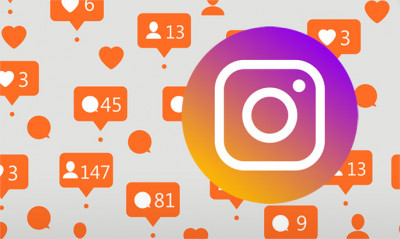


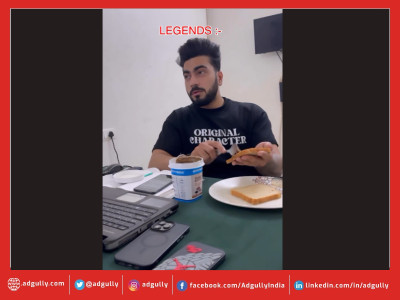
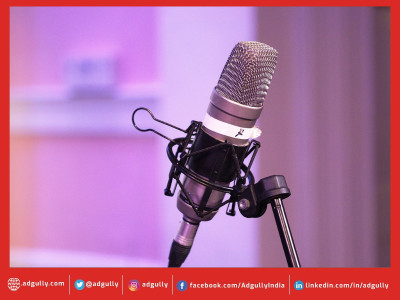



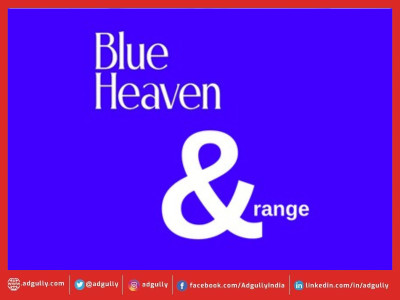

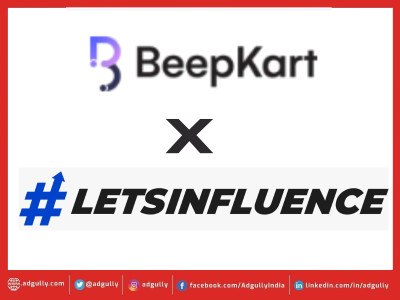

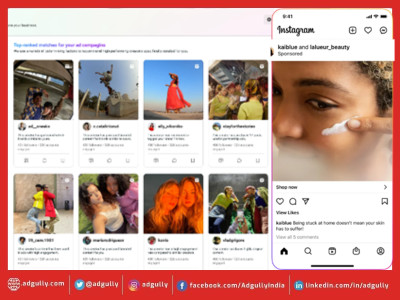
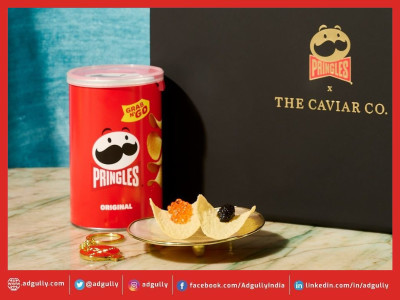
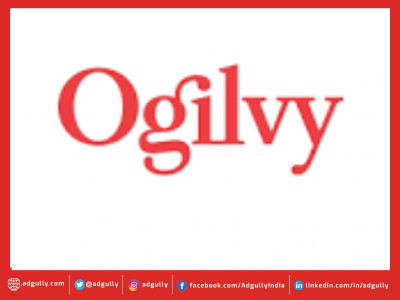

Share
Facebook
YouTube
Tweet
Twitter
LinkedIn